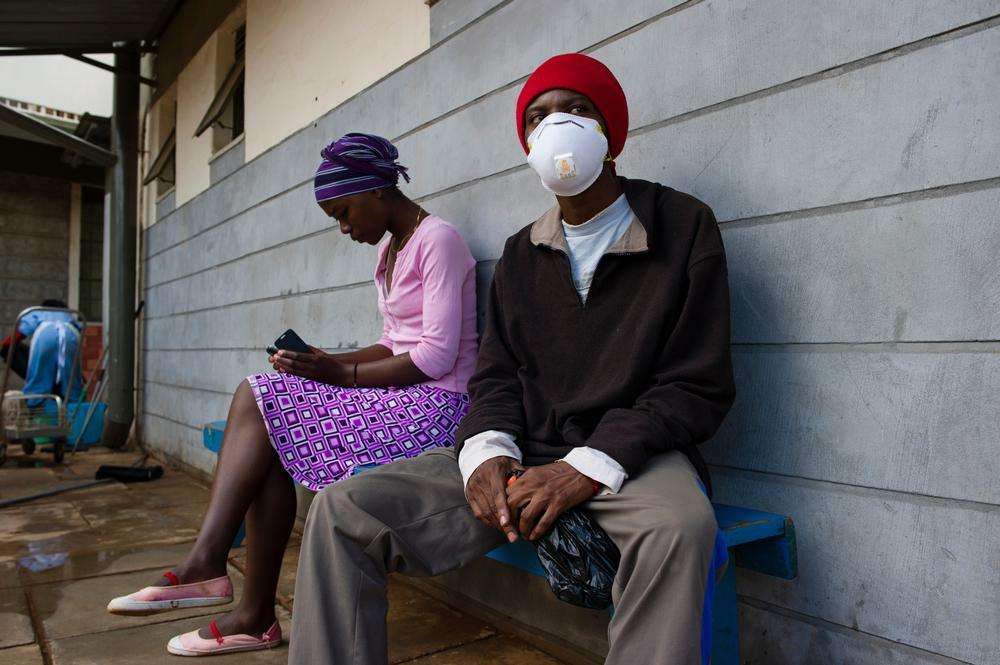The World Health Organization (WHO) has released their Global Tuberculosis Report for 2014. While tuberculosis (TB) incidence and mortality rates from TB continue to fall, Doctors Without Borders/Médecins Sans Frontières (MSF) notes alarming trends in the drug-resistant TB (DR-TB) epidemic and urges action to reverse course.
Key data of concern:
- Some countries report a significant increase in the spread of DR-TB person to person, with some now reporting up to 35 percent of new cases as multi-drug resistant TB (MDR-TB)
- Extensively drug-resistant TB (XDR-TB) is also on the rise within areas of the former Soviet Union, where it accounts for an estimated 20 percent of DR-TB cases
- Despite an increase in confirmed diagnoses of MDR-TB, only around one in five people with MDR-TB worldwide receive proper treatment; the number of people left untreated is increasing annually
According to Dr. Grania Brigden, TB Advisor for MSF's Access Campaign, “The alarming spread of drug-resistant TB from person to person in the former Soviet Union is of critical concern, along with the growth in MDR-TB and XDR-TB cases. Access to proper treatment is drastically low: only one person in five with multidrug-resistant TB receives treatment; the rest are left to die, increasing the risk to their families and communities and fuelling the epidemic.
"This dismal news must serve as a wake-up call for governments, donors and drug companies to step-up and improve the DR-TB response today.
"We need to see fundamental change, starting with ending retrograde practices that contribute to the spread of drug-resistant forms of TB; treatment regimens and practices must be brought in line with World Health Organization recommendations, and patients must have access to drug sensitivity testing for accurate and timely diagnosis. More than a year after the introduction of two new TB drugs, and with repurposed drugs showing promise in XDR-TB care, most patients remain far from getting improved treatment options. To reverse this epidemic’s course, a dramatic increase in collaboration and investment into the development of new and affordable diagnostics and treatment regimens will be essential.”
For more information about the realities of the DR-TB crisis on the ground, see the new MSF report Out of Step, due to be released on October 30, 2014. Based on a survey of eight high TB endemic countries, the report identifies five deadly gaps undermining the DR-TB response, and details what can be done to turn the crisis around, including seizing the opportunity of new and promising drugs to save many more lives.





